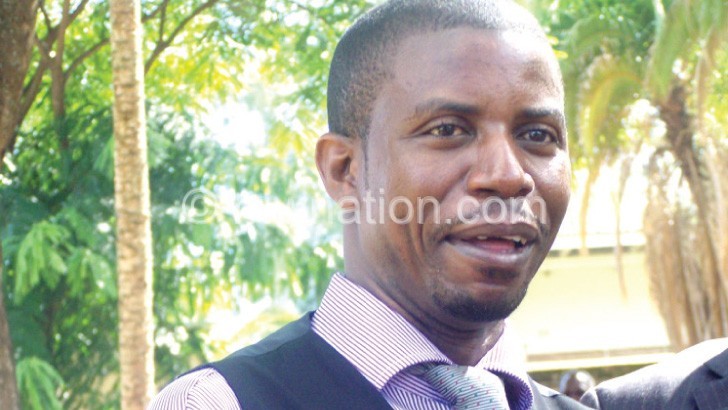Students left in the cold after ‘varsity accreditation process
Thousands of students in public and private universities have been left out in the cold following a National Council for Higher Education (NCHE) decision to withdraw accreditation of some programmes.
The council has also revoked licences for at least seven universities.
However, NCHE has firmly said there is nothing much it can do to the plight of the learners as its mandate stops at accrediting the universities.
Following an assessment meeting two weeks ago in Salima, NCHE released a number of courses that have been accredited with conditions and some that have been rejected.

Institutions not accredited include State-owned Malawi College of Accountancy (MCA) and private universities such as African Bible College (ABC) in Lilongwe, Exploits University,
Skyway University, Blantyre International University (BIU), Columbia Commonwealth University and Africa University of Guidance, Counselling and Youth Development (AUGCYD).
The council has also accredited with conditions some programmes at the Malawi University of Science and Technology
(Must)—one of the country’s four functional public universities, Catholic University of Malawi (Cunima), DMI St John the Baptist University, Nkhoma University and the College of Medicine (CoM)—a University of Malawi (Unima) constituent college.
What it means to students
In a brief written response to an inquiry yesterday, NCHE said he deregistering of the institutions and the rejection to accredit some courses means that all the learners pursuing those courses should find alternative institutions to continue with their education.
Reacting to the development, Civil Society Education Coalition (Csec) executive director Benedicto Kondowe, while commending NCHE’s efforts as a positive development demonstrating that institution’s assessment system are complied with, accused government of taking Malawians for a ride.
He said the worrying thing was that in the past such an assessment has not been reinforced as the universities still continued offering the uncredited programmes to the learners.
Said Kondowe: “The NCHE press release lacks clarity and guidance to the students and parents. Most of the programmes have been accredited subject to conditions. The statement should have been clear so that students and parents should be guided to remain in the programmes or think otherwise.”
He gave an example of BIU whose law programme has not been accredited despite the same being offered at the school for over four years.
Observed Kondowe: “This means that the law degrees that students obtained will not be recognised. It is only qualifications that have been recognised that can be used.
“Government has allowed parents and students to spend money on programmes that are not worthwhile. That is highest degree of abuse that one can expect from a responsible government.”
On the other hand, he observed that NCHE faces legal limitations as they cannot control other institutions that were established under their own statutes and have the mandate to discharge full structure of the university.
NCHE is mandated to assess and accredit institutions of higher learning to promote continuous improvement and enhancement of the quality of higher education in the country. n





